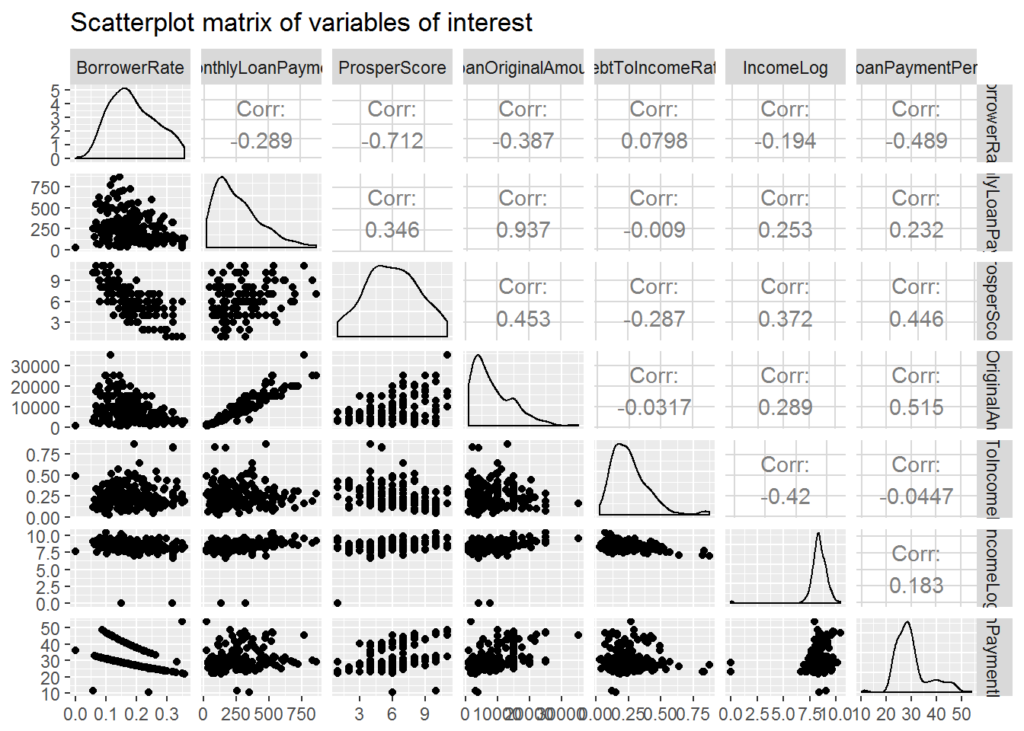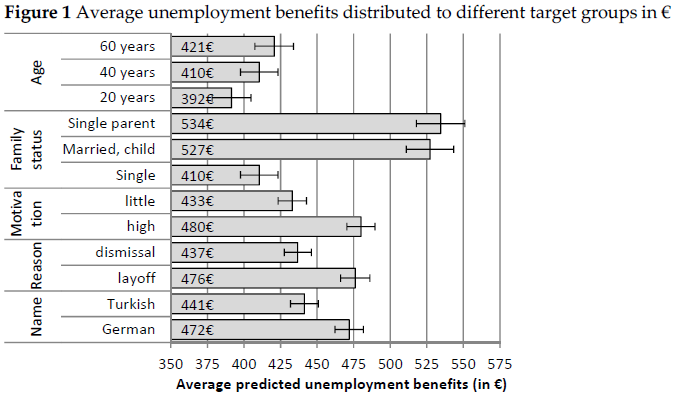Data visualization with Tableau
I have created a interactive visualization with Tableau for the Udacity Nanodegree, which is available on Tableau public. The visualization identifies the conditions for loans in different US states.
I have created a interactive visualization with Tableau for the Udacity Nanodegree, which is available on Tableau public. The visualization identifies the conditions for loans in different US states.
In this project for the Udacity Nanodegree Data Analyst, I explored loan data from Prosper, an US-based lending platform. The data set contains 113,937 loans and 84 variables. The objectives of the analysis was to summarize the data to determine (1) the relationship between the various variables of interest and (2) how the interest rates for individuals loans can be predicted with the available data. Using R, examined the data with a wide range of exploratory plots and linear regression analysis to determine the aspects that influence interest rates of consumer loans in the US. The complete report, the data and the R-code can be found in this github repository.
Journal of European Social Policy, forthcoming
The issue of welfare targeting is back on the political agenda in European welfare states. Benefit recipients are subject to different rules, depending on age, family status and work. For instance, strict conditions and harsh sanctions apply in particular to young unemployed people. This article investigates public opinion towards welfare targeting in three policy areas – unemployment benefits, conditionality of benefits and sanctions – and utilises a factorial vignette experiment presented within a representative German survey. The results suggest strong support for welfare targeting. Respondents are more likely to offer generous benefits and fewer obligations and sanctions to unemployed people who are elderly, have caring responsibilities, are of German ethnicity and have high job seeking ambitions. The negative effect of foreign ethnicity is moderated by the ideological standpoint of the respondent, highlighting the mechanisms underlying welfare chauvinism. Accordingly, policy support strongly depends on the individual circumstances of the affected target group.
